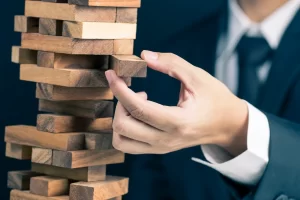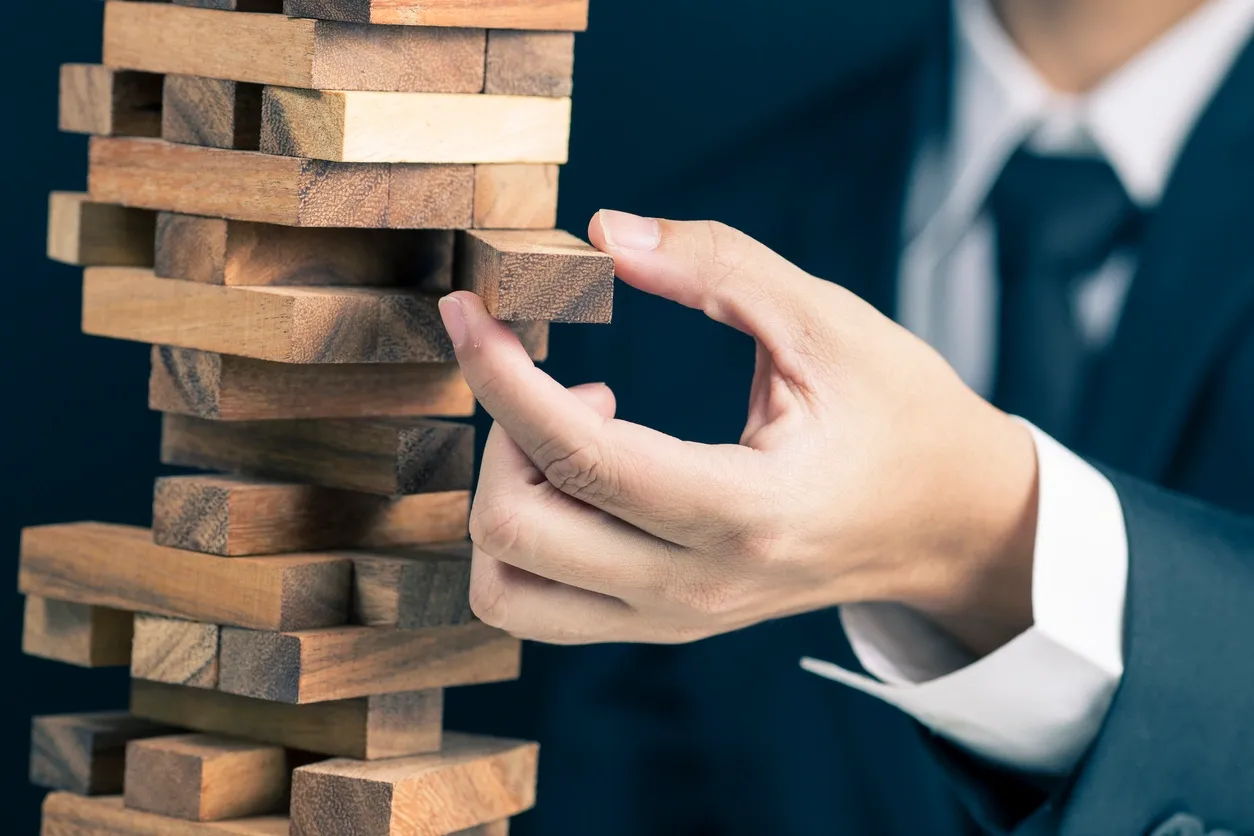
Playing the game of Jenga can be so fun, especially when you play with a lot of friends. When it’s your turn you slowly analyze all of the stacked pieces and try to decide which is the right wood piece to pull out. The participants of the game are all watching you, hoping you will knock the tower down. You take a deep breath, you have decided on the perfect wood game piece to pull. It’s time to make your move and you slowly but steadily make your choice. As you let out your breath the entire tower collapses! The real test begins for you and what your reaction is to making the Jenga tower fall. Are you one of those people who just laughs it off because you had a great time playing? Or do you implode and get extremely frustrated? The reaction that you give is your Frustration Tolerance Level. If you aren’t phased by the tower coming down then you have a high Frustration Tolerance Level. However, if you become irritated with yourself, storm off, yell, throw things or become aggressive then you have a low Frustration Tolerance Level.
I am aware that the game of Jenga may seem basic but it is not. Now take your reaction to knocking down the tower and compare it to how you handle your Frustration Tolerance Level in every day life. If you are frustrated there is usually a big wall standing in front of you that is keeping you from accomplishing your desired outcome. In my experience a low Frustration Tolerance Level usually happens when someone is under extreme tension, stress or anxiety. We all have these moments in our lives. There is no person that reacts perfectly in every situation that they encounter. The dysfunction surfaces when your low Frustration Tolerance Level begins to have a negative effect on your life and your relationship with others.
The first step in improving your response to frustrating situations is to identify what your Triggers are. Triggers are the specific things that you know always send you into a tail spin. That I feel like I am about to Implode and I have no control over my response feeling. Make a private list for yourself of what triggers you. Triggers can come from people, places, things, situations, you’re emotional stability and what your inner voice is telling you.
The next step in your journey of what makes you want to implode is identifying strategies to help you cope. Coping Skills, are our own personal shields to help us get through situations that might cause us to feel stressed, frustrated, angry or anxious. In Episode 59 of my podcast I will talk more in depth about triggers and ways to raise your Frustration Tolerance Level.
I like to think of each individual as an ever evolving person that can change, grow and be more productive in their relationships. The truth is it is never too late to change or to improve on your interpersonal skills. Pop your earbuds in and give Wide Open Spaces with Ilise a listen.
POSITIVE THOUGHTS CREATE POSITIVE ENERGY
GO OUT AND EXPLORE ALL OF THE WIDE OPEN SPACES IN YOUR WORLD
CIAO
Ilise
